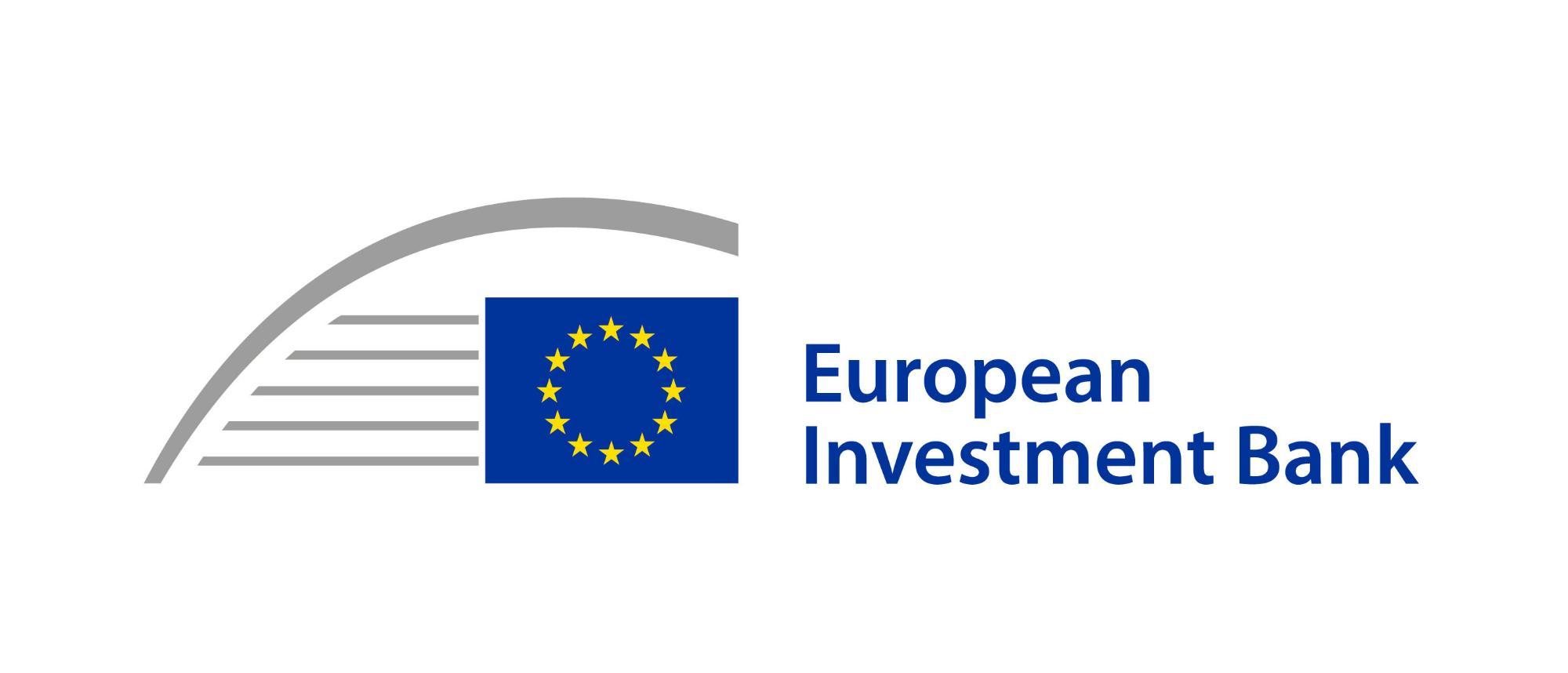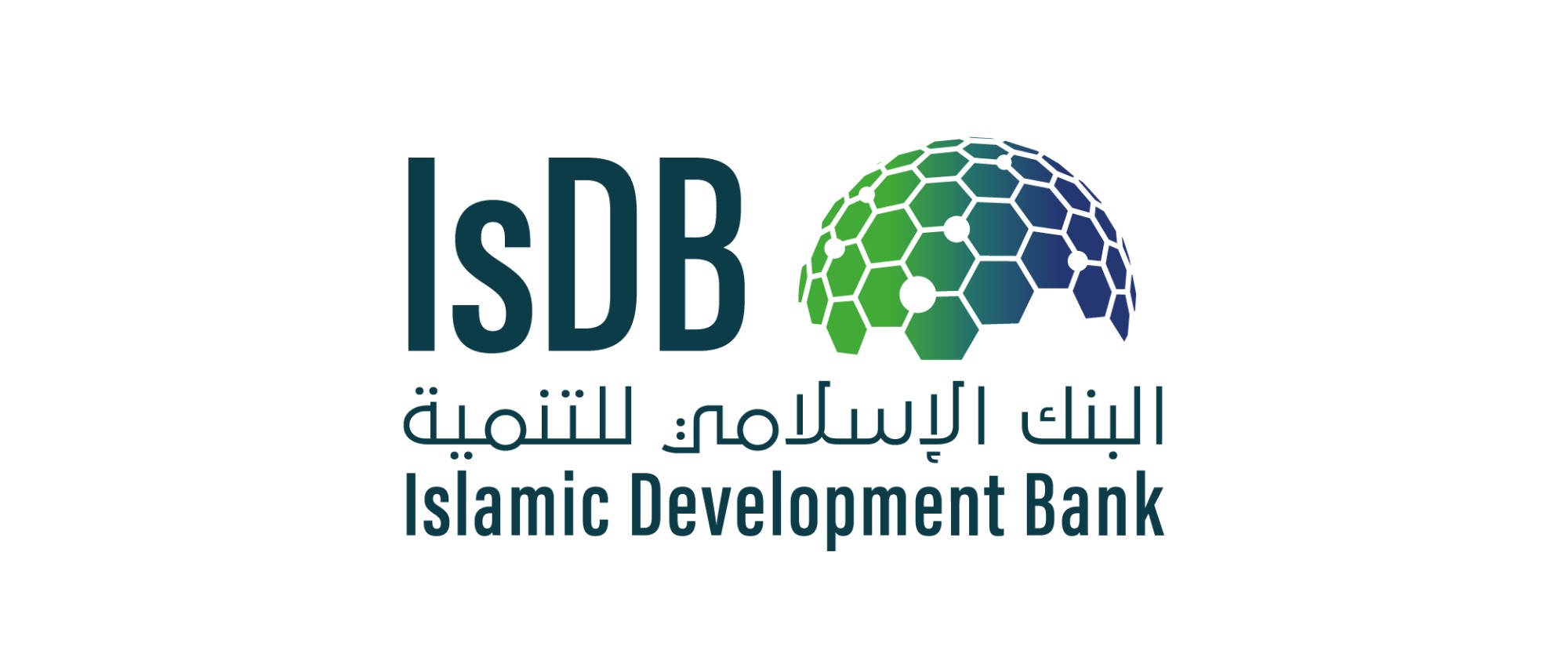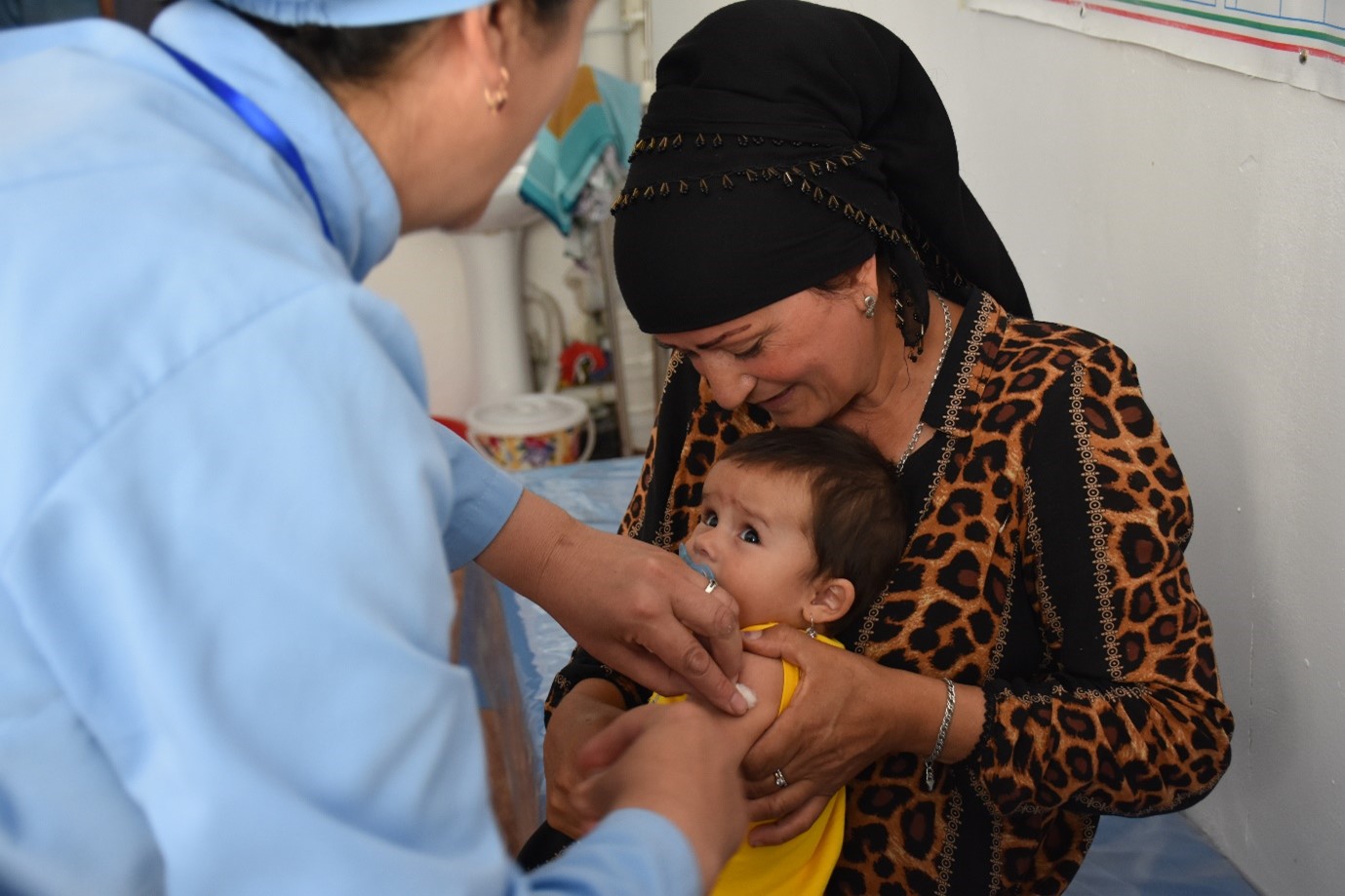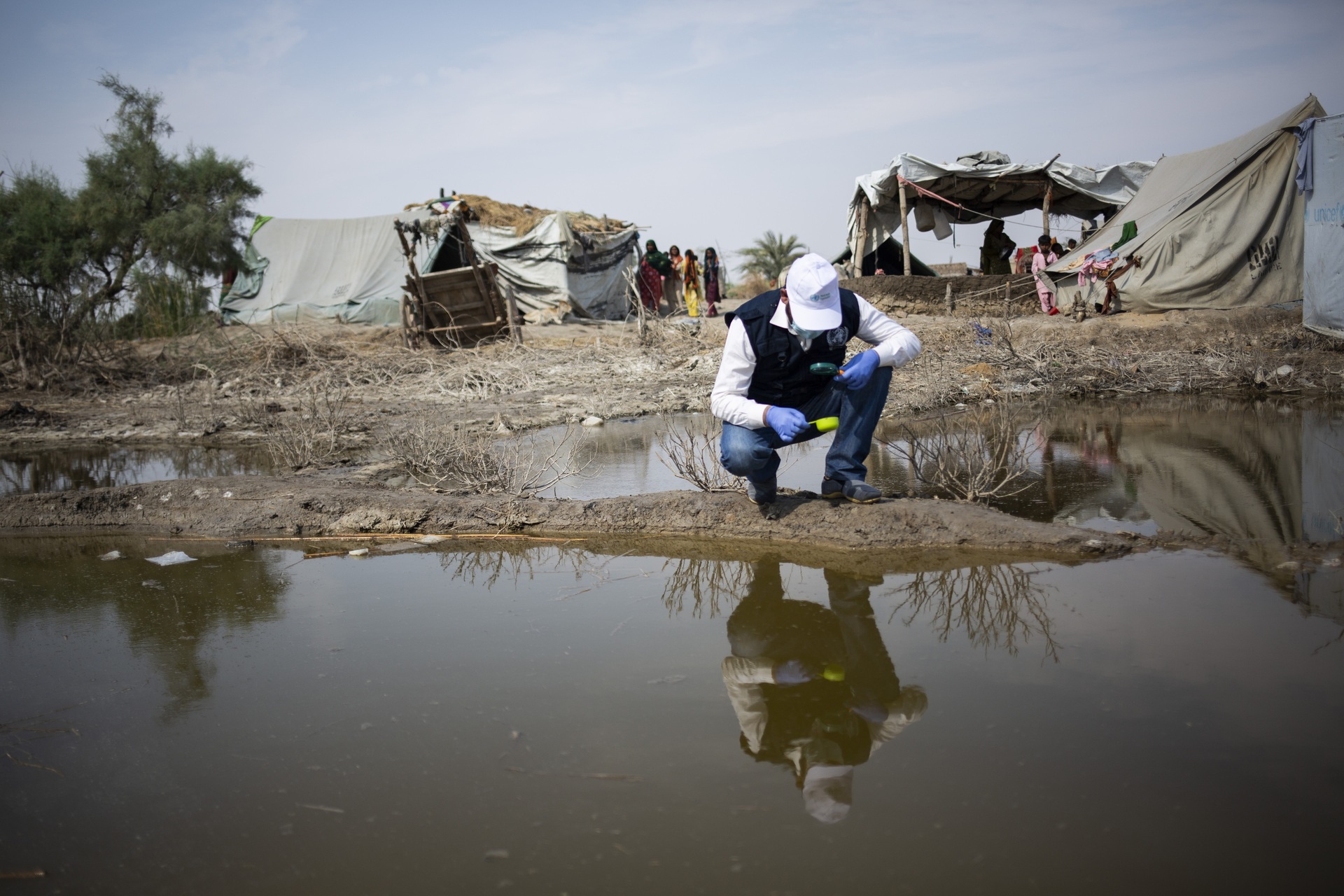

On 1 February 2025, with support from WHO and partners, 37 patients and 39 companions crossed out of Gaza via Rafah to continue receiving care in Egypt.
Health Impact Investment Platform (HIIP)
The Health Impact Investment Platform (HIIP) is a partnership between WHO and multilateral development banks (MDBs) designed to drive sustainable and impactful investments in primary health care (PHC). By bringing together funding and expertise from global partners, the HIIP helps support low- and middle-income countries (LMICs) to strengthen their health systems and improve access to essential PHC services, whilst also addressing transversal priorities such as climate resilience and pandemic preparedness.
The HIIP was announced during the Summit for a New Global Financing Pact in Paris in 2023 with the aim of unlocking over US$ 1.5 billion in new investments for LMICs governments, primarily through concessional loans and grants from partner MDBs.
The European Investment Bank (EIB), Islamic Development Bank (IsDB) and WHO are the Platform’s founding partners, with the African Development Bank (AfDB) finalizing its participation in the coming months. The Asian Development Bank (ADB) has endorsed the Declaration on the Health Impact Investment Platform for Stronger Primary Health Care and is exploring its participation.

Sarah and her 6-month-old grandson listen to a healthcare worker explaining the malaria vaccine while waiting for the child to be vaccinated in western Kenya.
HIIP operations
The HIIP places countries at the centre of its operations. WHO leverages its field presence to engage in dialogue with ministries of health and finance, helping countries identify investment priorities as part of their broader One Health national plans. Based on these engagements, countries receive support to develop investment plans, which are then submitted to the Steering Committee for consideration.
The HIIP’s overall operations are supported by the technical-level Coordination Committee and managed on a day-to-day basis by a Secretariat housed within WHO.
Steering Committee
The Steering Committee, composed of representatives from each founding partner, is responsible for overseeing the HIIP.
The current Steering Committee members include:
- Rami M. S. Ahmad, Vice President of IsDB.
- Catharina Boehme, Assistant Director-General of WHO.
- Thomas Östros, Vice-President of EIB.
How to get involved
Eligibility
The HIIP is open to low and middle-income countries which are a country of operation for at least one of the MDBs. In this initial phase, countries developing concept notes and proposals include: Burundi, Ethiopia, Gambia, Guinea Bissau, Kazakhstan, Maldives, Morocco and Zambia.
Governments interested in accessing technical assistance and investment support under the HIIP are encouraged to express their interest.
Other partners
The HIIP also welcomes collaboration from financial institutions, health initiatives, development agencies and other partners committed to building resilient primary health care systems in LMICs. Partners can contribute through funding, strategic support or technical expertise.
For more information on how to get involved, please contact: hiip_secretariat@who.int.
Voices of commitment
"The Health Impact Investment Platform will be a vital source of new financing to build climate and crisis-resilient primary health care in some of the countries that need it most. WHO thanks the multilateral development banks for their partnership, and we are committed to working closely with the countries to put these funds to work and start making a difference in the communities we serve.
"
"Supporting primary health-care services is the foundation of strong communities. Working closely with fellow multilateral development banks and partner countries, guided by the expertise of the World Health Organization, we are making a difference.
"
"Investing in primary health care is not just a commitment to well-being, it is a strategic investment in human capital and economic resilience. At IsDB, we are dedicated to mobilizing innovative financing solutions that strengthens health systems, empowers communities, and drives sustainable development. Through the Health Impact Investment Platform, in collaboration with EIB, WHO, and other key partners, we are ensuring that no country is left behind in the pursuit of universal health coverage – fulfilling our shared responsibility to serve humanity.
"

/external-relations-and-governance-exdgo-(exa)/hiip-steering-committee-meeting-notes-cover.tmb-144v.jpg?sfvrsn=5c70471e_1)


/countries/kiribati/health-impacts-of-climate-change.-yoshi-shimizu.jpg?sfvrsn=5921e58c_1)
